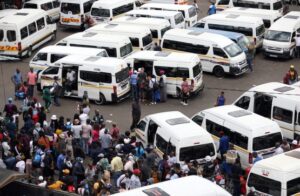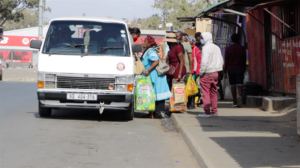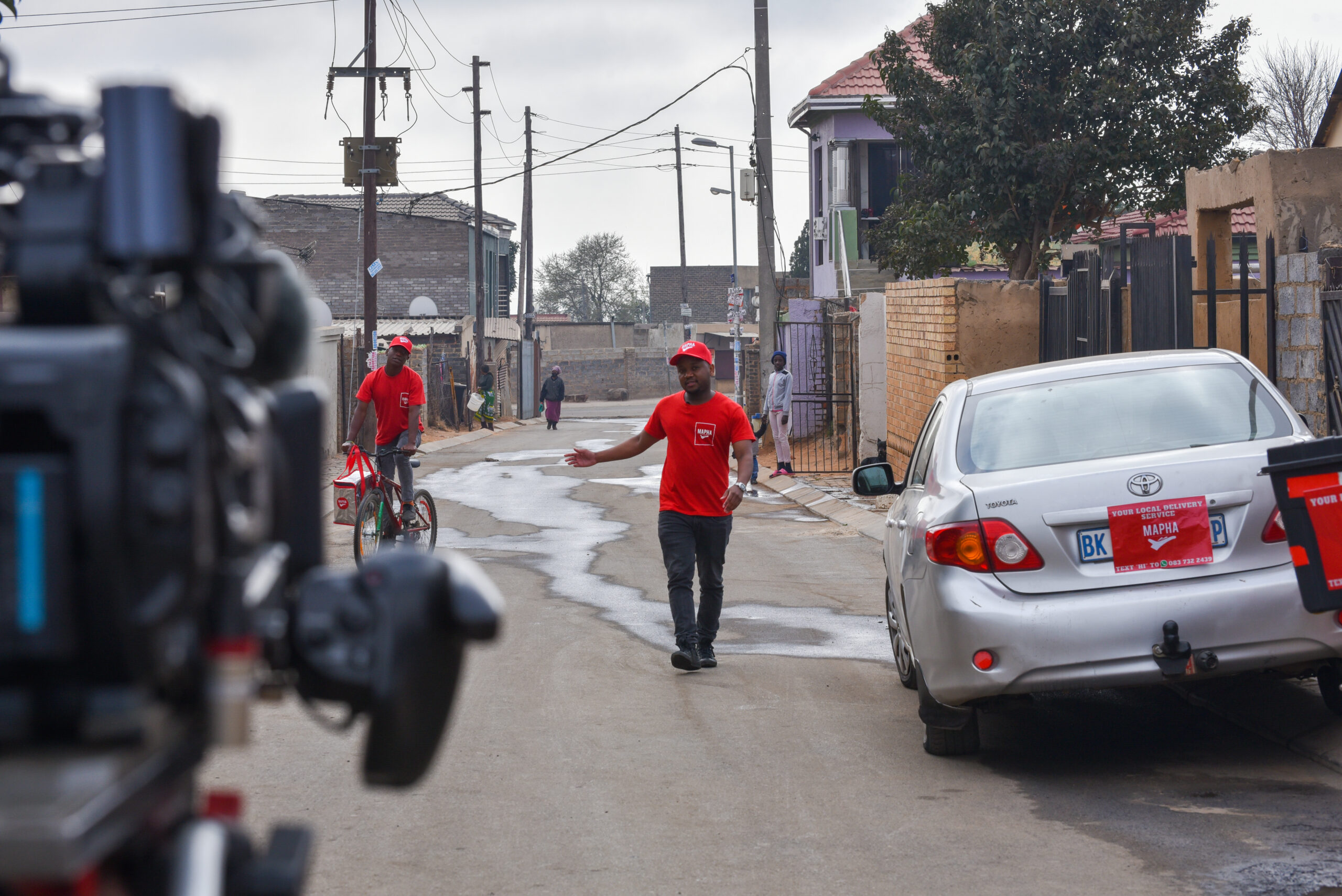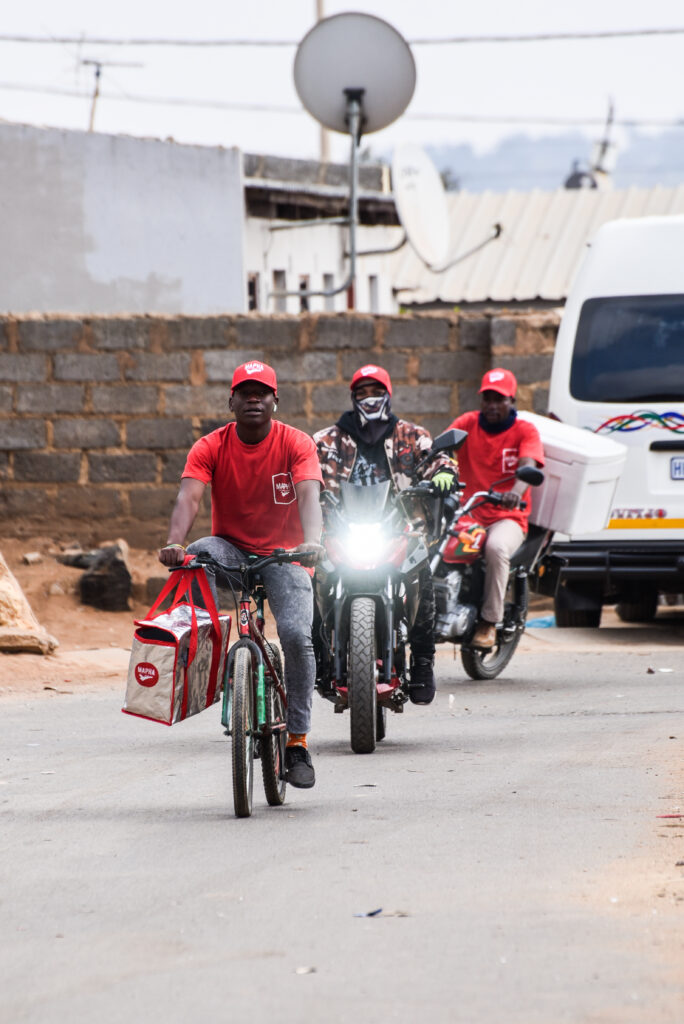The Rising Costs Of Convenience
Author: Muzi Matsheke & Tshidiso Vatsha, CMO
In our fast-paced digital world, online shopping has become very important for many South Africans. From the comfort of our homes, we can now order everything we need, from groceries to gadgets. However, this convenience often comes at a high price, especially when it comes to getting those packages to our doorsteps.
The Rising Costs of Convenience
Every day, the cost of living is going up, and for many South Africans, life is getting harder. Home delivery, which is a big reason why people shop online in South Africa, can be both a blessing and a curse. Statista says that the number of people shopping online went up to 27 million in 2022 and is expected to reach nearly 38 million by 2027. But behind these big numbers, there’s a problem: the high cost of last mile delivery can make it hard for many people.
A study by World Wide Worx and MasterCard showed that online shopping among adults in South Africa jumped from 27% in 2020 to 38% in 2022, especially among people aged 25-34. However, younger users and those with limited incomes are often left out because of the high fees for last mile delivery. Many young shoppers simply cannot afford these extra costs because they don’t earn enough money.
The True Cost of Last Mile Delivery
No matter how much prices go up, people still need food, clothing, and health products. In busy areas, online shopping can save time and keep people safe. Many people avoid crowded and unsafe town centers where they could be robbed while shopping. But the high cost of home delivery can be just as hard to handle.

Takealot, one of South Africa’s most popular online stores, charges an extra R95 for same-day delivery, no matter how much you spend. If you can wait a day, next-day delivery costs R90 for orders under R500 and R75 for orders over R500. Standard delivery, which takes 2-3 days, costs R70 for orders under R500. For many, these fees are too high. Imagine needing a laptop charger urgently; the extra R95 for same-day delivery could be used to buy food. Many people can’t afford these extra costs, so they have to make tough choices.
The Burden of Public Transport
For those who can’t pay for expensive deliveries, the other option is often worse. Taking a taxi to a busy, unsafe town center for shopping is not only inconvenient but also risky. The cost of transportation, the time spent in long lines, and the constant worry about safety make this a hard task. For many, this is the tough reality they face every time they need to restock their pantry or buy essentials.

Mapha: Changing the Narrative
Mapha is here to change this story. Built on the values of shared economy and inclusion, Mapha offers a new approach to last mile delivery by charging just R35 for home delivery, making it affordable for everyone. Unlike traditional delivery companies that only use cars, Mapha uses electric motorbikes and other eco-friendly ways to deliver. This not only reduces pollution but also cuts down on delivery costs.
Mapha’s smart placement of drivers in areas close to users ensures quick and efficient deliveries. With their technology, customers can track their orders in real time, knowing exactly when their package will arrive. This transparency and reliability are refreshing in an industry often plagued by delays and high costs.
But Mapha’s innovation doesn’t stop there. By opening up their network, they allow anyone to become a driver and earn extra income through the Mapha Driver app. Whether you’re a seller looking to reach more customers or someone looking for a side hustle, Mapha provides opportunities for all.
Mapha is not just changing last mile delivery; it’s making it fair and accessible for everyone. By offering affordable, efficient, and inclusive delivery services, Mapha is ensuring that all South Africans, no matter their financial situation, can enjoy the convenience of online shopping. In doing so, Mapha is turning the financial nightmare of last mile delivery into a story of hope and shared success. Let’s support this change and build a system that works for everyone.



